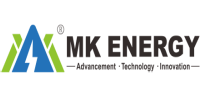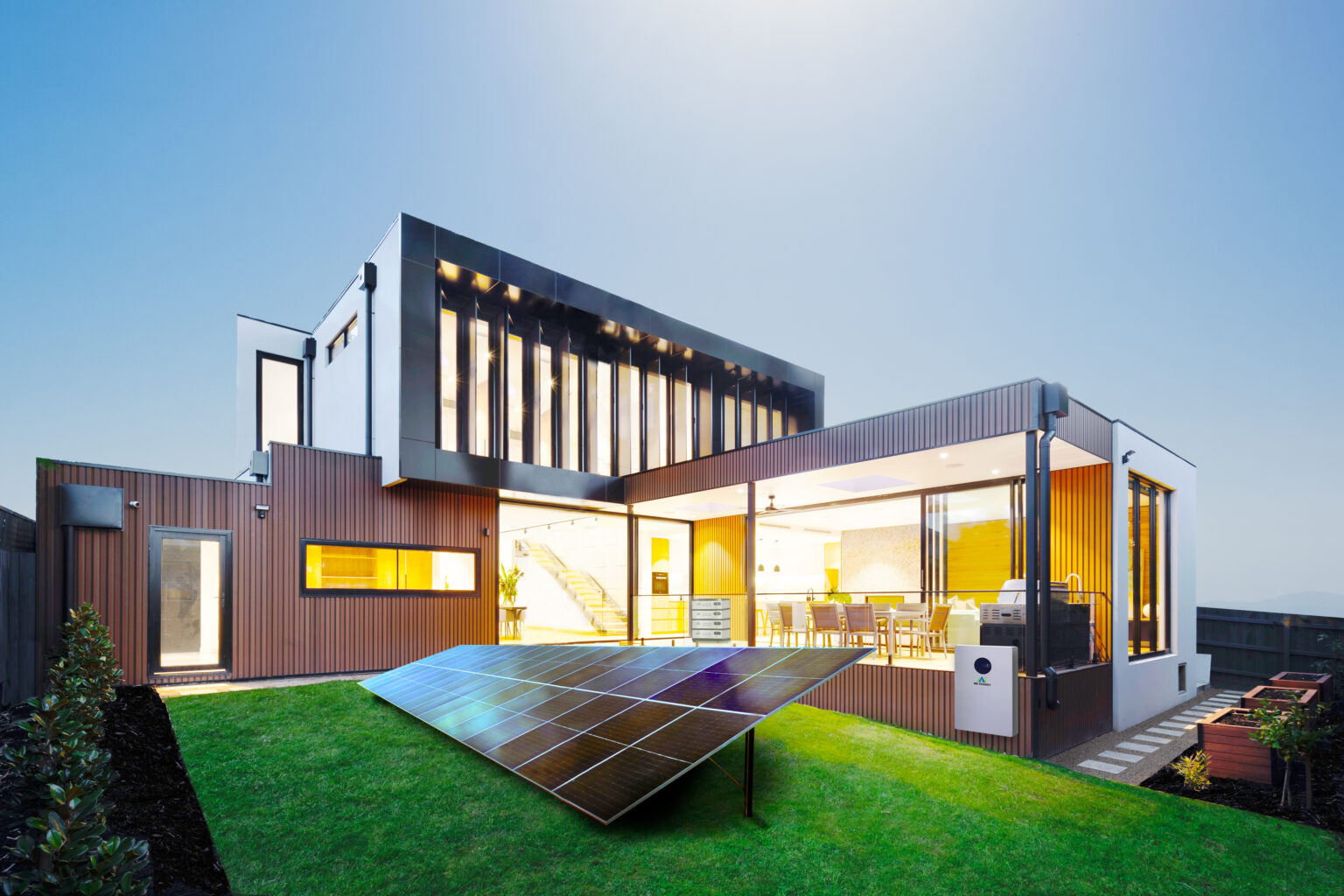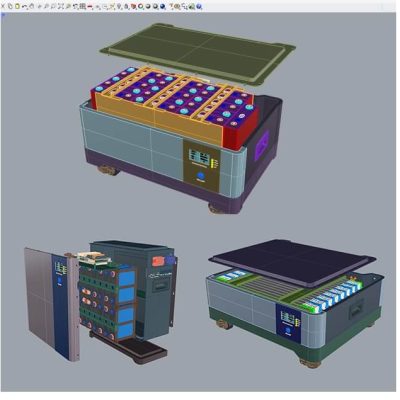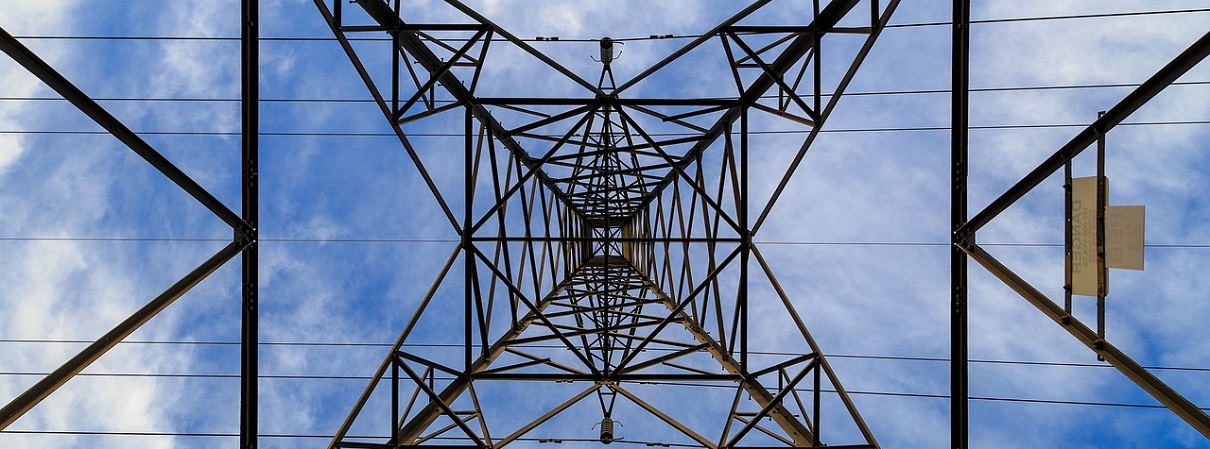In the era of digital intelligence, smart homes have become an indispensable part of our families. With the emergence of energy storage batteries, as a renewable energy storage factory, we will realize the integration of smart home energy storage. This guide will detail how smart home energy storage can be integrated as a renewable energy storage factory.
Core technologies for renewable energy storage factory
As the core technology of renewable energy storage factories in realizing smart home integration, battery technology is the basis for smart home energy storage integration. We enhance storage capabilities by improving battery energy density, lifespan, and overall performance. Intelligent energy management systems are also integral to smart home energy storage integration. We use AI algorithms to predict energy needs, enabling proactive energy storage and distribution. This ensures the efficient harnessing and utilization of renewable energy sources such as solar or wind energy.
Customized solutions for renewable energy storage factory
Because families have various needs, as a professional renewable energy storage factory, we propose customized solutions to meet the specific needs of smart home energy storage. Allowing users to expand or reduce storage capacity based on changing needs, covering everything from energy capacity to compatibility with various smart home systems. Combining real-time monitoring and control through a customized system allows homeowners to manage their energy storage preferences through a mobile app or smart home interface.
Coordinating energy efficiency with intelligent grids
We solve the problem of intermittency in renewable energy sources such as solar and wind. Utilizing energy storage technologies such as advanced batteries and pumped hydro can ensure a continued and reliable energy supply by releasing it during periods of high demand or when renewable generation is low. The coordination between the two is reflected through the demand response mechanism. When the demand on the grid is high, the intelligent system can send a signal to the energy storage unit to release the stored power, reducing the pressure on the grid and preventing potential blackouts. Instead, during periods of low demand or excess renewable generation, users can store extra energy for later use or export it to the grid.
Smart grids enable real-time monitoring of energy consumption patterns and grid conditions through advanced communication and control systems. This article will explain how renewable energy storage factories can actively integrate smart home energy storage.
The perfect combination of smart home devices
First, interoperability is critical. We have adopted standardized protocols and interfaces for efficient communication with smart home devices. This ensures that energy storage units can interact seamlessly with smart thermostats, lighting systems, and electric vehicles, creating a holistic, integrated smart home ecosystem. Next, advanced energy management systems leverage artificial intelligence algorithms to analyze energy consumption patterns and predict future demand. Through the energy needs of different devices, storage facilities can proactively manage energy distribution to ensure that stored energy is distributed effectively. Smart home energy storage systems can seamlessly switch to power essential equipment, ensuring uninterrupted operation of critical equipment such as refrigerators, medical equipment or security systems.
Economic feasibility
As a renewable energy storage plant, we know that the economics of the system is one of the most significant considerations for users when purchasing. So, we use the integration of renewable energy sources such as solar panels or wind turbines to reduce the need for grid power. By harnessing energy from these sources, homeowners can generate electricity, reducing dependence on the external grid and associated costs. At the same time, the addition of government incentives further enhances the economic feasibility of these smart home energy storage integrations.
Let smart homes realize energy storage integration
When you face a power outage, you can take advantage of energy storage to power your home and, at the same time, enjoy the benefits and convenience that smart homes bring to us. We combine the two to make our user families more flexible in energy management.



